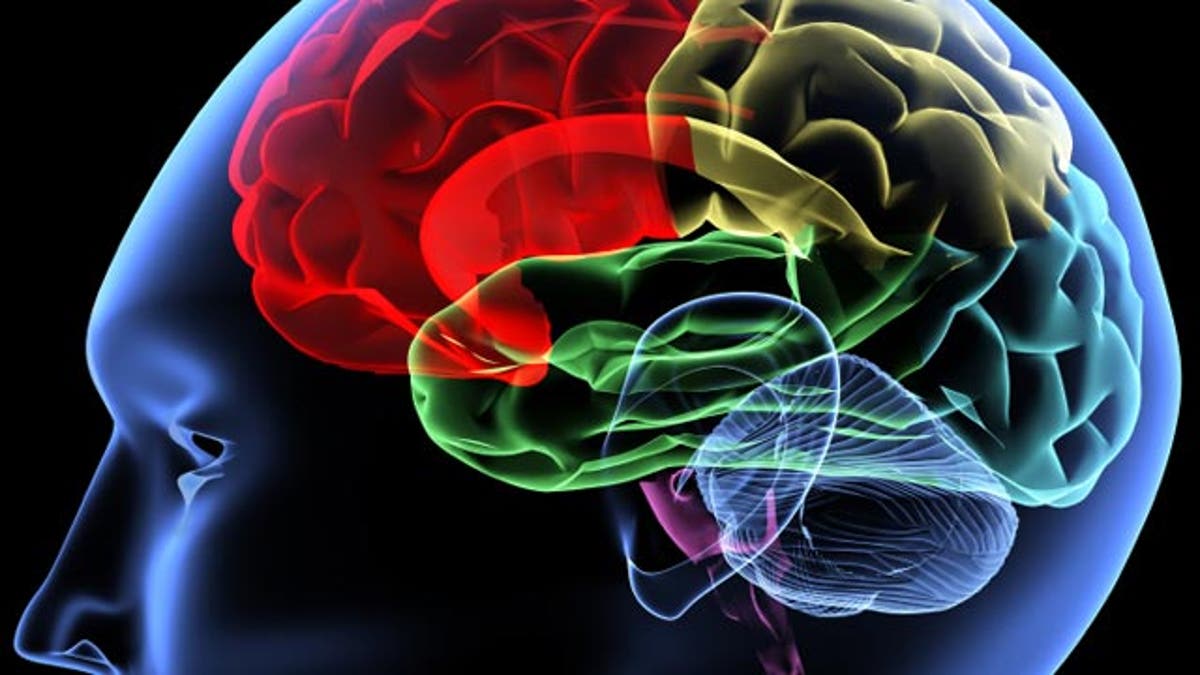
After suffering a major blow like a stroke, the human brain uses a variety of mechanisms to repair itself, reported Science Daily.
A stroke is caused by a blood clot blocking a blood vessel in the brain, which interrupts blood flow and, consequently, oxygen.
In a new study published in the journal Science, researchers at Lund University in Sweden found that following an induced stroke in mice, astrocytes— or support cells— start to form nerve cells in the injured part of the brain.
"This is the first time that astrocytes have been shown to have the capacity to start a process that leads to the generation of new nerve cells after a stroke," Zaal Kokaia, professor of experimental medical research at Lund University, told Science Daily.
Scientists used genetic methods to map the cells’ progression, and demonstrated that astrocytes in the injured area formed immature nerve cells that later matured. They also identified the signaling mechanism that sets this process in motion.
In test subjects they found that in healthy brains that had not experienced a stroke, the signaling mechanism inhibits that conversion, and astrocytes do not generate nerve cells. But after a stroke, the signaling mechanism is suppressed, and astrocytes begin the process of creating new nerve cells.
The loss of nerve cells in brains that have experienced a stroke result in motor, sensory and cognitive problems.
"Interestingly, even when we blocked the signaling mechanism in mice not subjected to a stroke, the astrocytes formed new nerve cells," Zaal Kokaia said. "This indicates that it is not only a stroke that can activate the latent process in astrocytes. Therefore, the mechanism is a potentially useful target for the production of new nerve cells, when replacing dead cells following other brain diseases or damage."
